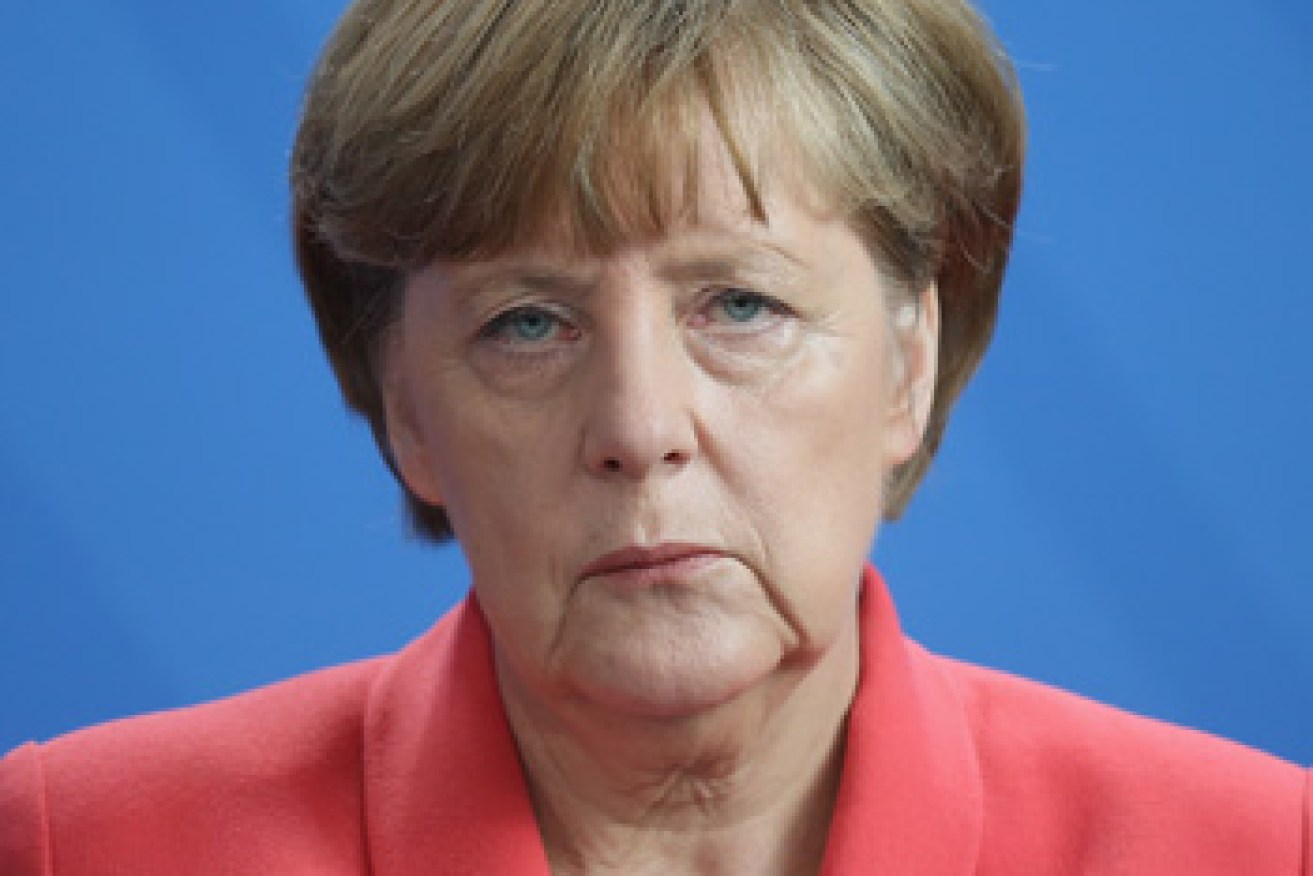Confusion reigns in Greece


Merkel has drawn praise and lost votes over her refugee policy.
The Greek government has sent mixed signals over its compounding debt crisis, both offering and undermining a much-needed compromise.
On Wednesday, Prime Minister Alexis Tsipras issued a public letter saying he was ‘willing to accept’ the majority of creditor demands with slight amendments, prompting speculation the crisis might be resolved.
But soon after, Mr Tsipras seemed to backtrack, pledging that he would still put the demands to a popular vote on the weekend.
• Brits crowdfund for Greece
• Aussies pay the price for failed Greek bailout
• Confused about Greece? Here’s what it all means
On Wednesday evening, Finance Minister Yanis Varoufakis spoke exclusively to the ABC, insisting that his party still wants Greeks to vote ‘no’ in the referendum, which would defeat the same measures the PM hinted he might accept.
“Nothing is over, of course,” Mr Varoufakis told ABC Radio National. “Life goes on. The negotiations continue.”
“In my heart of hearts I wanted to believe—and so did Prime Minister Tsipras and the whole government—that in the end official Europe and the IMF would come to us with a reasonable arrangement.”
German Finance Minister Wolfgang Schaeuble said a deal between debt-racked Greece and its creditors would not be possible before the referendum.
German Chancellor Angela Merkel had also already insisted there could be no new deal before the plebiscite.

German Chancellor Angela Merkel already insisted there could be no new deal before the plebiscite. Photo: Getty
“A ‘no’ vote does not signify a rupture with Europe, but a return to the Europe of values,” Mr Tsipras told the nation.
“Come Monday, the Greek government will be at the negotiating table after the referendum, with better terms for the Greek people.”
The radical Greek leader spoke hours after Ms Merkel effectively ruled out all negotiations until after Sunday, and said that Europe could “calmly” await the outcome of the referendum.
“The world is watching us. But the future of Europe is not at stake,” Ms Merkel told Germany’s Bundestag lower house of parliament.
In his letter, Mr Tsipras proposed to delay an increase in the pension age and keep GST discounts for the Greek Islands.
Greece is currently in arrears to the International Monetary Fund, having failed to make its due repayment on Monday. It owes a total of $435 billion.
Mr Varoufakis said it was highly doubtful Greece could move on without the changes.
“The reason we are asking for a ‘no’ vote is because if we believed there was a smidgeon of an iota of a whiff of a possibility that the proposals put to us could be made to work, that Greece could get out of the woods by reforming ourselves and going ahead, we would have accepted it, we wouldn’t have taken it to the Greek people,” Mr Varoufakis told Radio National.
“It is because we think there is no such chance, and actually I don’t even believe that those are proposing it believe there is a chance that we will recover if we were to accept. That’s why we’re taking it to the Greek people.”
Greece is now without external financial assistance for the first time in five years.
– with AAP








